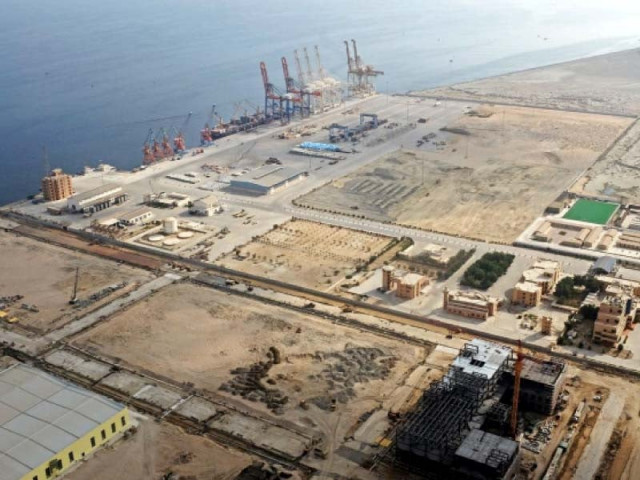Govt targets Rs47b oil levy collection
Raises levy to Rs50 per litre on petrol to boost revenue

The government has increased the petroleum levy on petrol to a record high of Rs50 per litre to collect revenue of around Rs47 billion in November 2022. In a recent decision that left oil product prices unchanged for the first fortnight of November, the government increased the petroleum levy on petrol from Rs47.50 to Rs50 per litre, up by Rs2.50. The Oil and Gas Regulatory Authority (Ogra) had recommended a reduction of Rs2.50 in the price of petrol to provide relief to oil consumers following a decline in the global crude market.
With the recommendation, there had been expectations that petrol prices would be slashed in line with the fluctuation in international crude prices. However, the government on Monday decided to keep petroleum product prices unchanged for the November 1-15 fortnight. In line with Platts data platform and rupee-dollar exchange rate, the price of petrol should have dropped by Rs2.86 per litre. However, the regulator worked out a reduction of Rs2.50 per litre. Still, the government denied price relief to consumers and, instead, increased the petroleum levy to Rs50 per litre keeping in view the federal budget for 2022-23 and the commitment to the International Monetary Fund (IMF).
The current price of petrol, which is used in motorbikes and cars, and is an alternative to compressed natural gas (CNG), is Rs224.80 per litre. Petrol sales are estimated at around 0.7 million tonnes per month. Its consumption is expected to go up slightly during the winter months due to gas outages for CNG filling stations in Punjab. Two types of taxes, which include the petroleum levy and general sales tax, are collected on the sale of petroleum products. At present, there is no sales tax on petrol. The federal government shares the sales tax collection with provinces under the National Finance Commission (NFC) Award. However, the petroleum levy remains in the federal coffers.
Industry officials say that the petroleum levy was supposed to be spent on building infrastructure in the oil sector. However, all governments have spent the revenue on meeting current, short-term expenditures, leaving nothing to develop strategic storages. Consumers have faced oil shortages on different occasions due to the lack of storages, which play a critical role, especially in a crisis. In addition to petrol, the levy is also being taxed on other oil products. At present, there is a petroleum levy of Rs30 per litre on high octane blending component (HOBC), Rs8 per litre on kerosene oil, Rs12.59 per litre on high-speed diesel, Rs6 per litre on light diesel oil and Rs23.56 per litre on E-10 gasoline.



















COMMENTS
Comments are moderated and generally will be posted if they are on-topic and not abusive.
For more information, please see our Comments FAQ